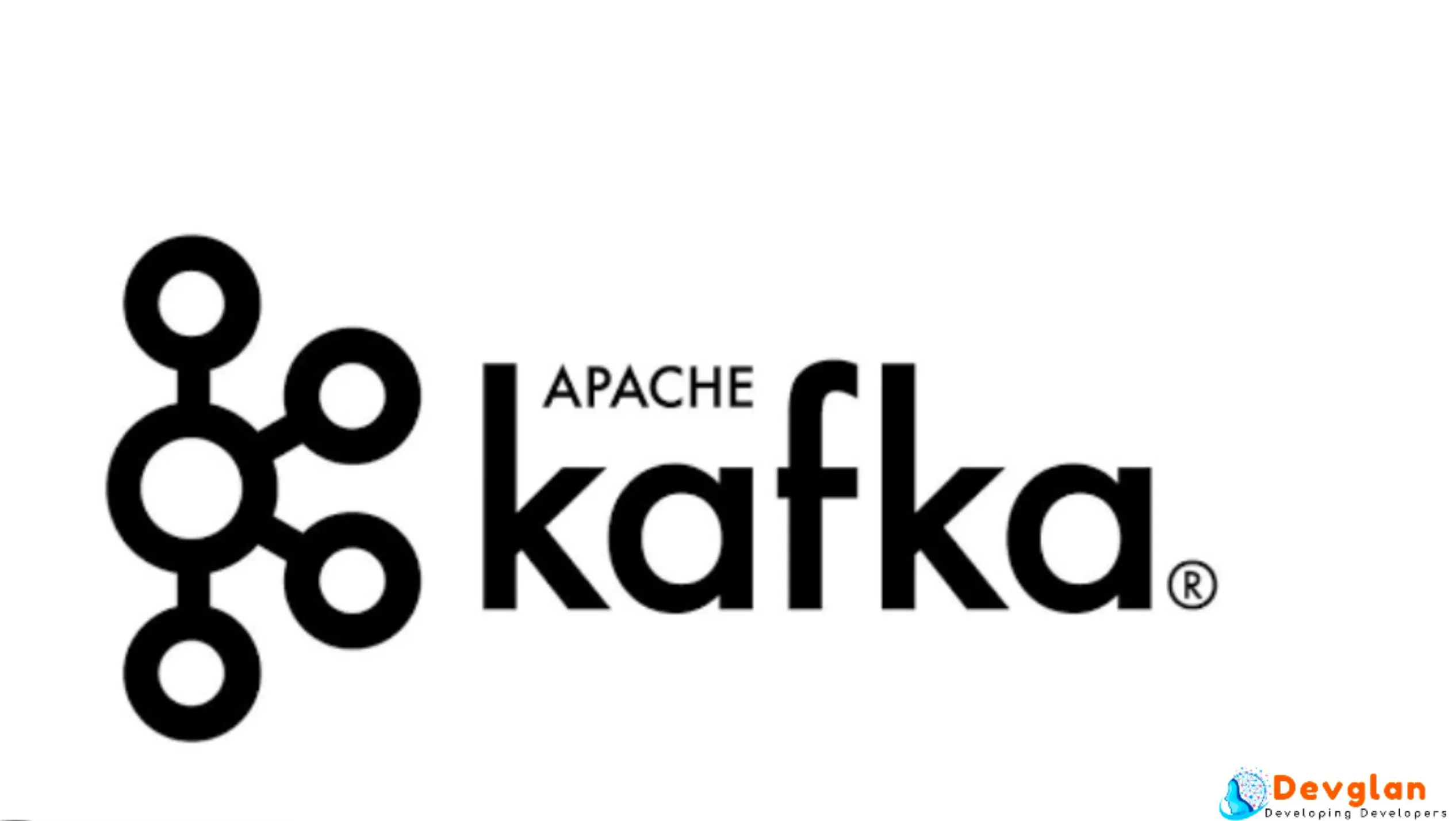In today's data-driven world, businesses are constantly bombarded with information. From customer queries and product descriptions to research documents and financial records, the sheer volume of data can be overwhelming. Vector search can be a powerful tool to address this challenge, as it provides an efficient way to navigate vast data repositories.
Vector Search Goes Beyond Keywords
Traditional search engines rely on keyword matching, where queries are compared to indexed text for exact matches. This approach can be effective for straightforward questions with clear keywords. However, it falls short when dealing with ambiguity, synonyms, or nuanced user intent. Vector search takes a different approach, leveraging the power of machine learning to understand the underlying meaning and context of data. Here's how it works: Data points, including text documents, images, or even product descriptions, are transformed into mathematical representations called vectors. These vectors capture the essence of the data, considering not only keywords but also semantic relationships and thematic similarities. The user's query is also converted into a vector during a search. The search engine then compares the query vector to the indexed data vectors, identifying the closest matches based on their similarity in the multidimensional space.
Why Vector Search is Critical for Businesses
Vector search offers a plethora of benefits that can propel businesses toward success. Here are key areas where it makes a significant impact:
Enhanced Search Relevance
Unlike keyword-based methods, vector search goes beyond literal matches, considering the semantic meaning and context of data. This translates to highly relevant results that accurately capture the user's intent. Take, for example, a customer searching for 'running shoes' on a retail website. The traditional search might prioritize brands or specific models while missing out on shoes suitable for specific needs like lightweight training or high-impact running. Vector search, on the other hand, can identify shoes with relevant features regardless of exact keyword matches, leading to a more fulfilling customer experience and potentially higher conversion rates.
Improved Personalization
By understanding the underlying themes and concepts within data, vector search facilitates effective personalization. This allows businesses to tailor content and recommendations to individual user preferences. For instance, a streaming service can leverage vector search to recommend films based on a user's viewing history, going beyond genre classifications and considering thematic similarities across different movies. This personalized approach fosters user engagement and satisfaction.
Efficient Handling of Large Datasets
As data volumes continue to explode, traditional search engines struggle to maintain efficiency. Keyword-based indexing becomes cumbersome and time-consuming. Vector search, on the other hand, thrives with large datasets. Its efficient algorithms and sparse data structures allow for rapid retrieval even with massive amounts of information, empowering businesses to unlock the full potential of their data for better decision-making and improved operations.
Streamlined Content Asset Management
Vector search also helps businesses manage content libraries. For instance, it empowers image recognition by converting images into vectors that capture their visual content. This allows for efficient retrieval based on visual similarity. Imagine a clothing retailer searching for similar products based on a customer inquiry or identifying visually similar items across different categories. Vector search can readily surface these connections, streamlining image management workflows and enhancing customer service by offering relevant visual recommendations.
Advanced Search Applications
Vector search opens doors to innovative applications beyond traditional text search. It can effectively handle multimedia content like images or audio, enabling businesses to develop powerful search functionalities for image recognition, music recommendation systems, or even scientific research where similarity search across vast datasets is crucial.
Scalability and Adaptability
Vector search solutions are inherently scalable, allowing businesses to adapt to ever-growing data volumes without significant performance degradation. Additionally, the ability to learn and adapt to new data patterns makes vector search a valuable tool for evolving alongside business needs and user behaviors.
Implementing Vector Search: Considerations for Businesses
While vector search offers significant advantages, it's important for businesses to consider certain factors before implementation. Selecting the right vector search engine requires careful evaluation of specific requirements and data types. Additionally, businesses may need to invest in data pre-processing and model training to optimize vector representations for their specific use case. Reliable infrastructure is also a must. Vector search's prowess hinges on specialized infrastructure known as vector databases. These databases are designed specifically to store and manage high-dimensional vector representations of data. They leverage specialized search algorithms like Approximate Nearest Neighbor (ANN) to efficiently identify similar vectors within the vast data space. This allows for rapid and accurate retrieval of relevant information, even for complex queries or large datasets. By providing a robust platform for storing and searching vector representations, vector databases become the silent engine driving the efficiency and effectiveness of vector search. By delivering highly relevant results, facilitating personalization, and enabling sophisticated search functionalities, vector search equips businesses with a powerful tool to thrive in an era of digital information. As data continues to be the lifeblood of modern businesses, embracing vector search represents a strategic step towards achieving a competitive advantage and fostering sustainable growth.

















